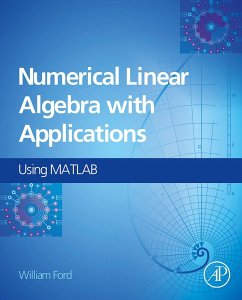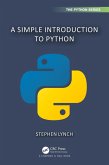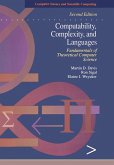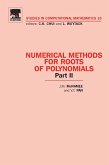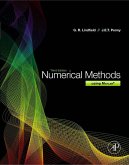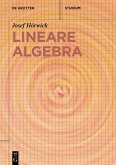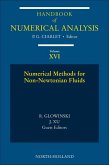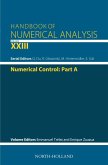The text consists of six introductory chapters that thoroughly provide the required background for those who have not taken a course in applied or theoretical linear algebra. It explains in great detail the algorithms necessary for the accurate computation of the solution to the most frequently occurring problems in numerical linear algebra. In addition to examples from engineering and science applications, proofs of required results are provided without leaving out critical details. The Preface suggests ways in which the book can be used with or without an intensive study of proofs.
This book will be a useful reference for graduate or advanced undergraduate students in engineering, science, and mathematics. It will also appeal to professionals in engineering and science, such as practicing engineers who want to see how numerical linear algebra problems can be solved using a programming language such as MATLAB, MAPLE, or Mathematica.
- Six introductory chapters that thoroughly provide the required background for those who have not taken a course in applied or theoretical linear algebra
- Detailed explanations and examples
- A through discussion of the algorithms necessary for the accurate computation of the solution to the most frequently occurring problems in numerical linear algebra
- Examples from engineering and science applications
Dieser Download kann aus rechtlichen Gründen nur mit Rechnungsadresse in A, B, BG, CY, CZ, D, DK, EW, E, FIN, F, GR, HR, H, IRL, I, LT, L, LR, M, NL, PL, P, R, S, SLO, SK ausgeliefert werden.

